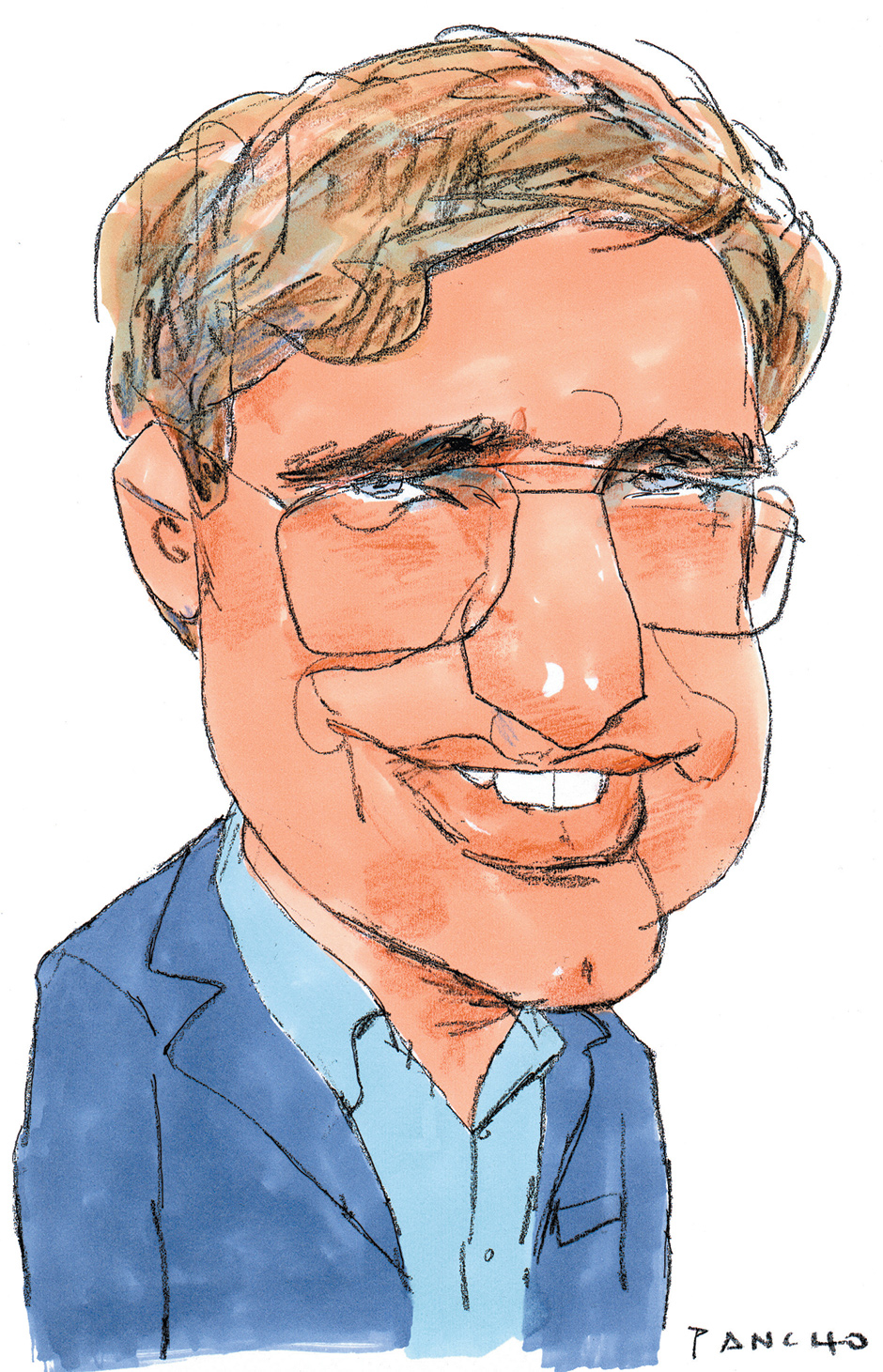Istanbul: The Imperial City
Straddling the narrow straits of the Bosphorus dividing Europe and Asia, Istanbul has been an unrivaled locus of cultural exchange since its beginnings more than 26 centuries ago, under three different namesfirst as the Greek colony Byzantium, then Constantinople in A.D. 330, and Istanbul in 1453. Despite the onslaughts of time, a local character and spirit have abided. This is a guide to the city for the curious traveler as well as an evocation of its illustrious past. color & 25 b&w illus. 4 map.
|
------
Istanbul By Colin Thubron :A Strangeness in My Mind by Orhan Pamuk
http://hcbooks.blogspot.tw/…/istanbul-by-colin-thubron-stra…
http://hcbooks.blogspot.tw/…/istanbul-by-colin-thubron-stra…
Istanbul (The Great Cities)
by Colin Thubron
3.33 · Rating Details · 12 Ratings · 3 Reviews
Hardcover: 200 pages
Publisher: Time Life Intl. (Netherland) B.V. (January 1, 1978)
Language: English
Istanbul By Colin Thubron and the Editors of Time-Life Books
1978
/The Great Cities
"I must confess that I have always had a secret desire to visit Istanbul and tour all of the awesome sights of that ancient city: the Sancta Sophia, the Blue Mosque, the Obelisk of Tuthmoses, Topkapi Palace, the Grand Bazaar. Thubron does an excellent job of summarizing the history of Istanbul and mixing in his own experiences living in that crossroads of Europe and Asia. His observations of Turkish culture and society were insightful, especially when he compared that culture to other Levantine peoples such as the Greeks and Arabs. I am also fascinated by the place the Ottoman Empire and the Turks held in the collective imagination of Western Europe; it seems to be a rich blend of awe, fear, and envy. Someday, if the systemic issues of the Middle East ever get worked out, I would love to stroll the streets of old Stamboul with my wife and explore a city some 2,000 years old"
伊士坦堡 在柏克萊似乎找不到
------
Orhan Pamuk的書評,我以前歸在 "Place" blog.
Pamuk: Under the Spell of Istanbul
A Strangeness in My Mind
by Orhan Pamuk, translated from the Turkish by Ekin Oklap
Knopf, 599 pp., $28.95

Uniquely among cities, Istanbul bridges two continents. It lies on the southeast frontier of Europe, while its suburbs expand across the Bosphorus straits into Asiatic Turkey. From a European viewpoint, the city may be the site where Asia begins; from the Turkish hinterland, it is the start of Europe. For a millennium and a half it was the fulcrum of two great Eurasian empires, the Byzantine and the Ottoman, and although it is no longer the nation’s capital—Atatürk rejected the city for Ankara—it remains Turkey’s cultural and economic heart. Now its ruptured geography exemplifies the country’s contending identities: the ambivalence toward both Europe and its Asian neighbors, the rankling sense of exclusion and the bursts of patriotic pride.
The metropolis has found its celebrant in Orhan Pamuk. Winner of the Nobel Prize in literature in 2006, he is the preeminent Turkish writer of his time, and the witness to a city that his descriptions saturate in the subtle melancholy of hüzün, an aura steeped in yearning and disillusion. In his Istanbul: Memories and the City, he recorded an ambience inseparable from his childhood, the nostalgia for a fading patrician world of decaying villas and old families grown irrelevant. He is the poet of the city’s strangeness: of its damp back streets, its ferries calling through fog, a place inhabiting its own ruin. In The White Castle and My Name Is Red he made loving play with its Ottoman history, and returned to the upper-middle-class milieu of his own experience in The Museum of Innocence, published in 2008.
So it is initially surprising that his new novel, A Strangeness in My Mind, is set not in Istanbul’s historic heart, but in the modern suburbs and slums that smother its surrounding hills: home to a flood of immigrants from Asiatic Turkey seeking a better life than their rural villages afford. These are a tough, adaptable people, who have transformed the multicultural metropolis of an earlier generation—once embracing thriving communities of Greeks, Armenians, and Jews—into a rougher and more contentious place. Now the city’s immigrants outnumber the native-born by three to one.
Pamuk’s attention to rural immigration—the source of Istanbul’s most glaring social problems—suggests a move toward conventional realism, exploring as he does the city’s most workaday dilemmas. But he has written scathingly about his country’s generation of socially concerned writers and his need to escape their tradition. “They were flat realists, not experimental,” he told an interviewer in 2005.
Like writers in so many poor countries, they wasted their talent on trying to serve their nation…. I did not want to be like them…. I had never aspired to the social-realist model….
Elsewhere he has written of his delight at jettisoning from his bookshelves the works of “mediocre, moderately successful, bald, male, degenerate writers between the age of fifty and seventy.”
In the same interview he expounded candidly on his hunt for originality: about how…


沒有留言:
張貼留言
注意:只有此網誌的成員可以留言。